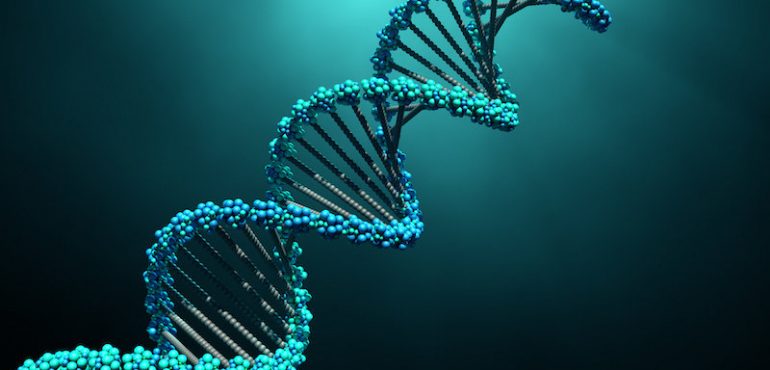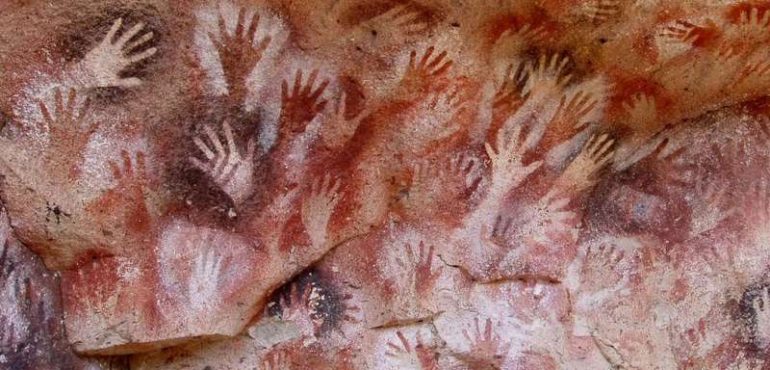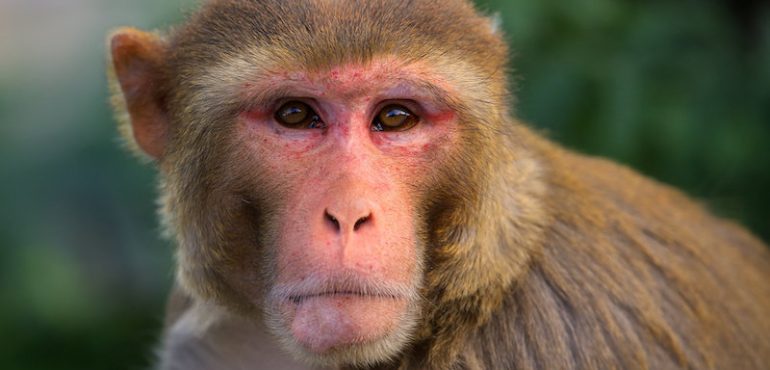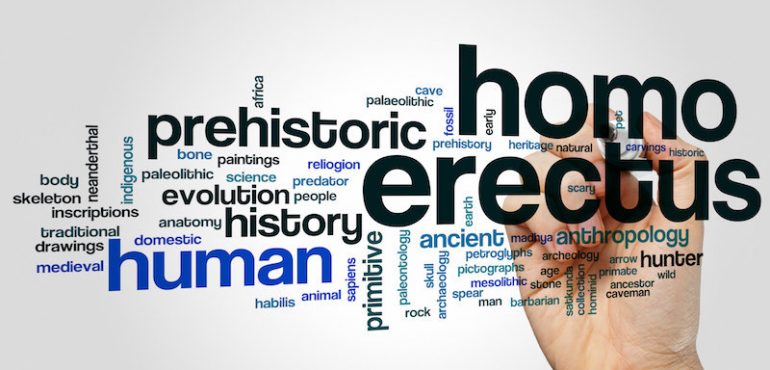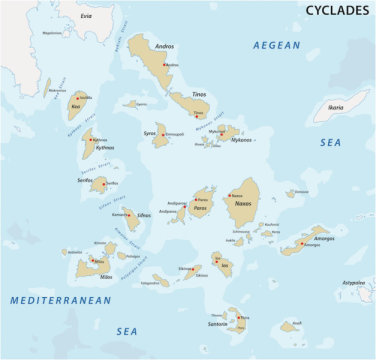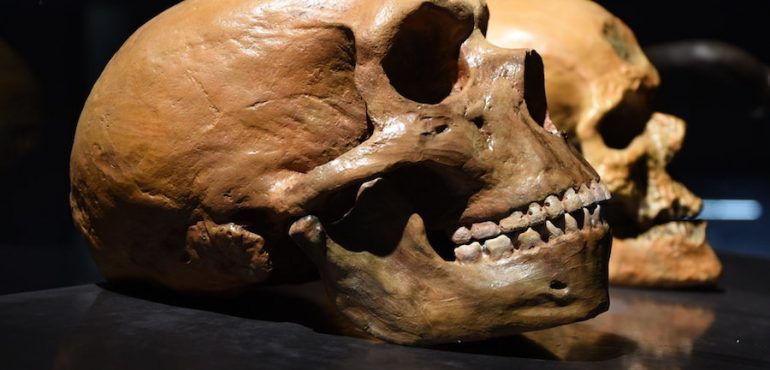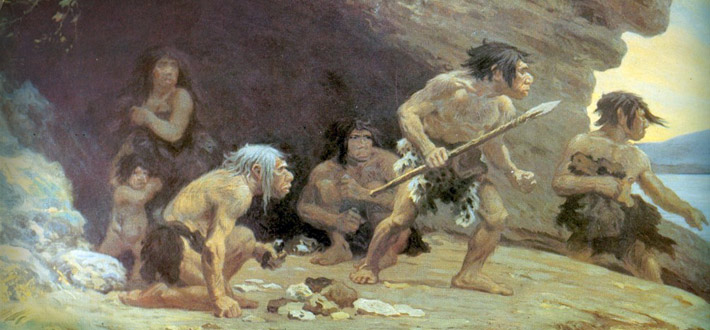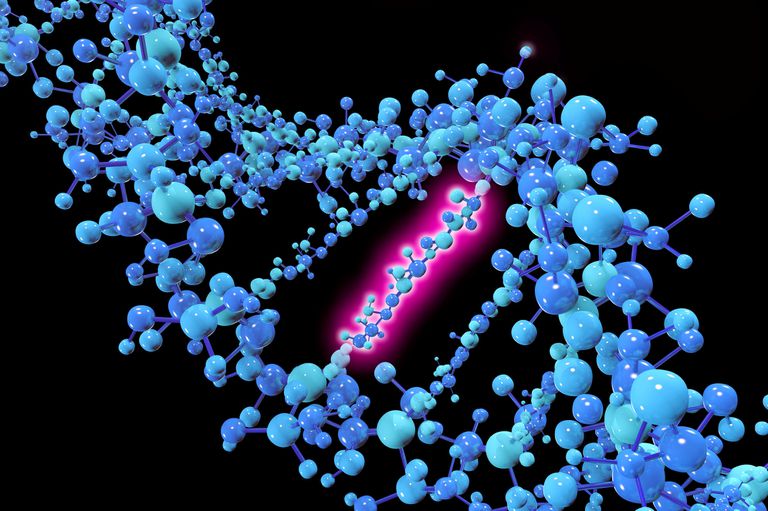As a professor of pediatrics and cellular and molecular medicine at University of California San Diego School of Medicine, Alysson R. Muotri, PhD, has long studied how the brain develops and what goes wrong in neurological disorders. For almost as long, he has also been curious about the evolution of the human brain -- what…
Read more
How a single gene alteration may have separated modern humans from predecessors
